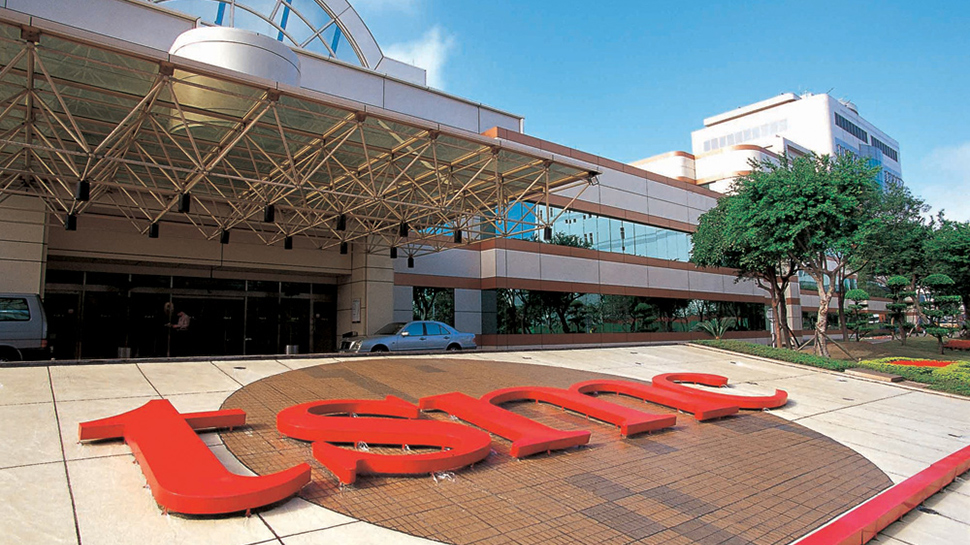
TSMC, which plans to invest $40 billion in its fab complex in Arizona, is seeking to get up to $15 billion in funding under the U.S. CHIPS and Science Act. Yet, it believes that the funding conditions set by the U.S. government are unacceptable and plans to discuss them with the U.S. authorities. The world's largest foundry believes that obligations to disclose details about fabs and sharing excess profits will discourage chipmakers from building fabs in the U.S., reports the Wall Street Journal.
"Some of the conditions are unacceptable and we aim to mitigate any negative impact from these and will continue discussions with the U.S. government," said Mark Liu, chairman of TSMC, at a conference in Taiwan in late March.
TSMC has already completed building it's Fab 21 Phase 1A in Arizona and is currently moving in equipment with the aim to start making chips there in 2024. The company has already started building another phase of this fab and is committed to investing $40 billion in its Arizona site by 2026. But the world's largest contract maker of semiconductors will need help from the U.S. government as fab costs are rising and it needs to stay competitive with manufacturers that are set to get subsidies, such as Intel.
The U.S. Department of Commerce requires companies seeking subsidies to provide sensitive information, such as projected production capacity, utilization rates, wafer yields, pricing, and profitability indicators like cash flows. This data is needed to enforce the policy of confiscating excess profits but also reveals the competitiveness and trade secrets of chipmakers. Although the Department of Commerce promises to protect these trade secrets, TSMC and other chipmakers worry that such sensitive information could be leaked to U.S. competitors, causing significant damage.
Another objection that TSMC has in mind is profit sharing. TSMC is concerned that the Arizona fabs project's profitability could be limited by government restrictions, and it faces challenges determining the profit of individual factories within a global operation, according to WSJ's sources familiar with the company's discussions with the U.S. administration. Additionally, TSMC is hesitant about the government's requests for extensive access to their records and operations, given the secretive nature of the industry, including confidential client information.
TSMC is not the only company to be concerned about terms and conditions imposed by the U.S. government on companies that apply for CHIPS and Science subsidies. South Korean chipmakers are also unhappy with these requirements and believe that they could lose more than they get.



.jpg?w=600)



